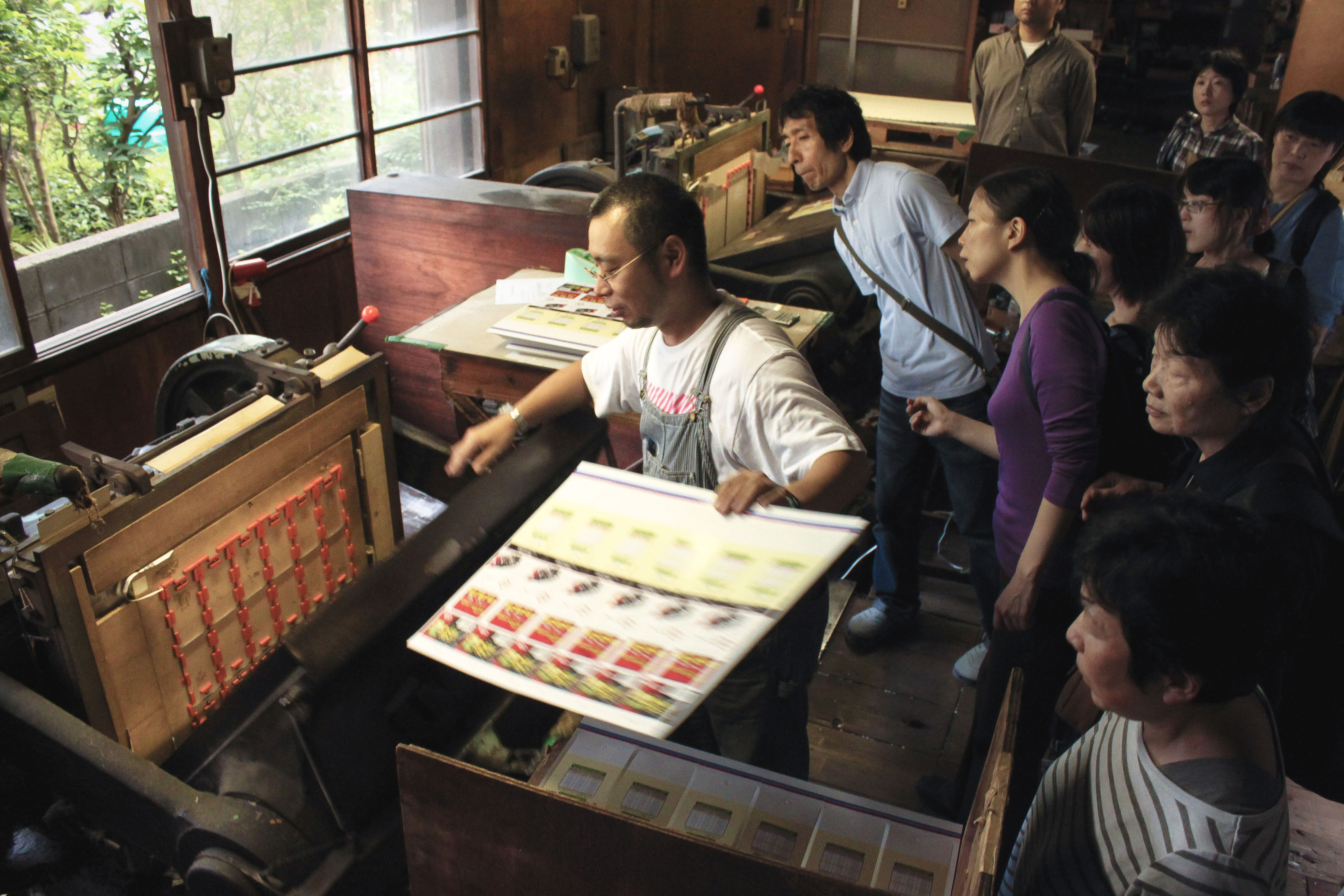Machi-kōba is the name given to small, city factories in Japan, usually operated by a family, or a handful of craftspeople. While traditional Japanese crafts slowly gather dust in museums (or are regularly dusted in department stores), the baton of the "unknown craftsman" and the "everyday object" has been passed on to these factories. But that doesn't mean business is good.
Two decades of economic trouble have taken their toll, and manufacturing is heading offshore as Japan tries to re-invent itself as a knowledge economy. These machi-kōba produce all kinds of industrial items and everyday goods: Teapots, cardboard boxes, scissors, tofu, glass cups, automotive parts, knives and cutlery are a few examples, but there are thousands of unique items being manufactured in these spaces.
For five days this October, one of the largest open-factory festivals took place in Niigata Prefecture. Fighting local apathy, changing ideas about design, and an economy that suggests that manufacturing is on its way out, Kouba Fes ("Factory Festival") opened the doors to 54 machi-kōba in Tsubamesanjo, an old metalworking town attempting a revival through design.

















With your current subscription plan you can comment on stories. However, before writing your first comment, please create a display name in the Profile section of your subscriber account page.